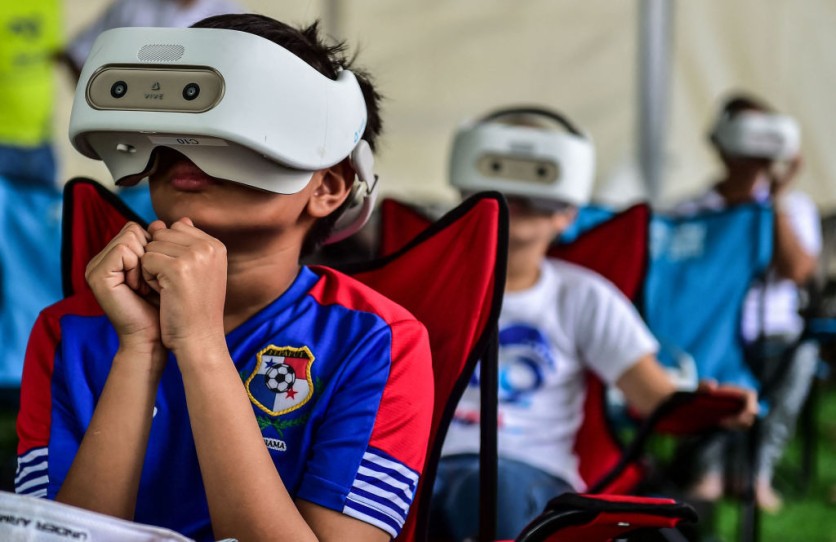Meta has announced a new initiative allowing children aged 10 to 12 to engage in virtual reality (VR) interactions, provided they have parental consent.
It is a notable shift as children within this age group were previously restricted from chatting or interacting with others on Meta's Quest platform.

Upcoming Update of Meta for VR
In the forthcoming update, Meta will introduce a feature enabling parents to individually approve contacts with whom their children can chat, call, and participate in parent-sanctioned VR activities.
This move aims to acclimate younger users to VR technology early on, potentially fostering long-term usage. Additionally, Meta aims to compete more directly with platforms like Roblox and Microsoft's Minecraft, which enjoy considerable popularity among younger demographics.
Meta's initiative built upon the introduction of parent-managed Meta accounts for families last year, specifically tailored for preteens aged 10 to 12. These accounts require parental oversight during setup and incorporate default safeguards designed for young users.
The introduction of approved contacts for VR interactions is seen as an extension of Meta's broader Horizon OS, initially launched for users aged 13 and older. This platform includes social features such as messaging, calls, and collaborative VR experiences.
Now, younger users will have supervised access to age-appropriate social engagements within VR and mixed reality (MR) environments, overseen by their parents.
Parents will have control over who their child interacts with, ensuring that only approved contacts from the child's Following and Followers lists can engage in communication and shared VR experiences. This setup includes the ability for children to request approval for new contacts, which parents can manage directly through Meta's platform.
VR Expansion of Meta
Expanding VR access to younger demographics underscores Meta's strategy to broaden its user base and deepen engagement across various age groups.
By integrating these features, Meta aims to provide a safe and controlled environment where preteens can explore interactive VR experiences under parental supervision. As Meta continues to develop and refine its VR and MR offerings, the company emphasizes the importance of parental oversight and age-appropriate content.
This approach aligns with regulatory expectations and enhances user trust and safety within virtual environments. Implementing these new features is part of Meta's ongoing efforts to evolve its platform in response to user feedback and technological advancements.
By empowering parents with tools to manage their children's VR interactions, Meta strives to create a balanced digital environment that encourages exploration while prioritizing safety and responsibility.
Related Article : Is Threads Still Good to Use After a Year? Here's What Meta Can Pick up From Other Social Media Apps to Improve It

ⓒ 2026 TECHTIMES.com All rights reserved. Do not reproduce without permission.




